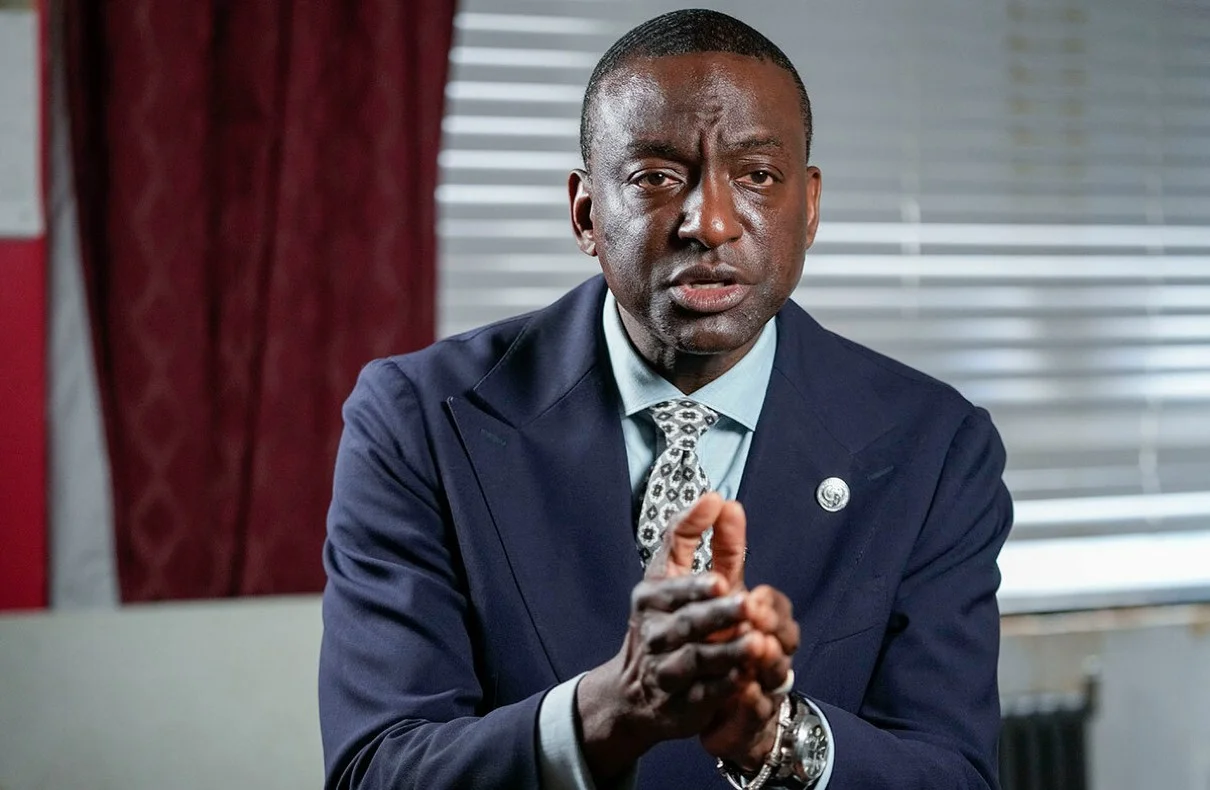Yusef Salaam, a New York City councilman and member of the Central Park Five, was pulled over by the NYPD during a traffic stop in Harlem. The incident has sparked a debate over police transparency and the justification behind stops.
Before delving into the recent traffic stop involving Yusef Salaam, it is important to understand the context of the Central Park Five case. In 1989, Salaam and four other Black and Latino youths were falsely accused of raping and beating a white woman in Central Park. After spending years in prison, their convictions were eventually vacated, and they were exonerated in 2002. Salaam’s experience as a member of the Central Park Five has shaped his perspective on criminal justice and police interactions.
On a Friday evening, Yusef Salaam was driving with his wife and children in Harlem when he was pulled over by an NYPD officer. The exact reason for the stop was initially unclear to Salaam, and he questioned the officer about the rationale behind it. However, according to the released bodycam footage, the officer claimed that Salaam’s vehicle had tinted windows beyond the legal limit, which was the basis for the stop. Salaam introduced himself as a council member and asked if everything was okay, to which the officer responded positively and allowed him to continue without further actions.
Rescue of a truck driver in the icy waters of Kentucky
Yusef Salaam, in a statement following the traffic stop, expressed his concerns regarding transparency in police stops and the potential for racial profiling. He highlighted the importance of transparency to prevent unconstitutional stops and called for greater accountability in documenting and reporting all police stops. Salaam’s experience during the traffic stop further amplified his belief in the need for transparency and addressing racial profiling issues.
The NYPD, in response to Salaam’s claims, defended the officer’s actions during the traffic stop. The department released a statement along with bodycam footage and a vehicle report, asserting that the officer conducted himself professionally and respectfully throughout the interaction. The NYPD emphasized that the stop was based on probable cause related to tinted windows beyond the legal limit. They commended the officer’s discretion in allowing Salaam to continue his official duties as a council member.
The incident involving Yusef Salaam has reignited the ongoing debate surrounding police stops and the need for transparency. Salaam and other members of the City Council have been advocating for greater reporting and documentation of all stops, including low-level interactions. They argue that increased transparency is crucial to prevent racial profiling and ensure constitutional policing. On the other hand, Mayor Eric Adams vetoed a City Council bill that aimed to document every police stop, citing concerns about potential negative impacts on police response times and community-oriented policing.
Councilwoman Sandy Nurse, who was on a phone call with Salaam during the traffic stop, corroborated Salaam’s claim that he asked the officer why he was being pulled over. Nurse expressed her surprise at the officer’s failure to provide a reason for the stop and emphasized the importance of knowing the rationale behind police stops. Her account adds weight to Salaam’s call for transparency and accountability in police interactions.
Yusef Salaam had been invited by Mayor Eric Adams to participate in a ride-along with the NYPD as a council member. However, following the traffic stop and the lack of details provided by the mayor’s office, Salaam decided to cancel his plan to go on the ride-along. This decision highlights the impact of the traffic stop on Salaam’s perception of the mayor’s commitment to transparency and addressing concerns related to police stops.
Tragic Event in King City: A Night That Turned Deadly
The incident involving Salaam and the subsequent reactions have coincided with a proposed City Council bill called the “How Many Stops Act.” This legislation aims to require the documentation of every police stop and encounter with the public. Mayor Adams vetoed the bill, arguing that it could hinder police response times and undermine community-oriented policing efforts. The City Council plans to vote on overriding the mayor’s veto in the coming days.
Yusef Salaam and other council members stress the importance of collecting data on police stops to assess the prevalence of racial profiling and develop solutions to build trust in communities. They believe that transparency and accountability are crucial in making neighborhoods safer and addressing concerns related to unconstitutional stops. The debate surrounding police stops and the proposed legislation reflects the ongoing efforts to strike a balance between effective policing and safeguarding civil rights.
